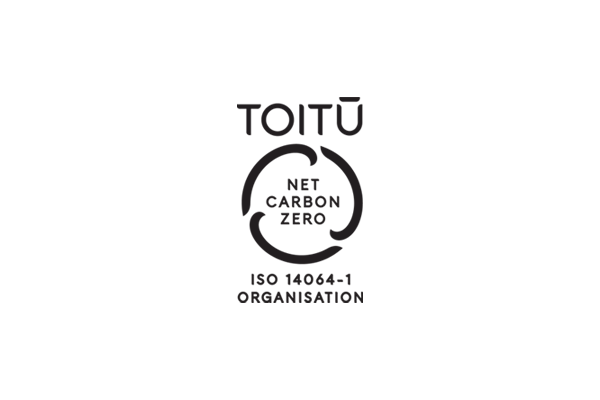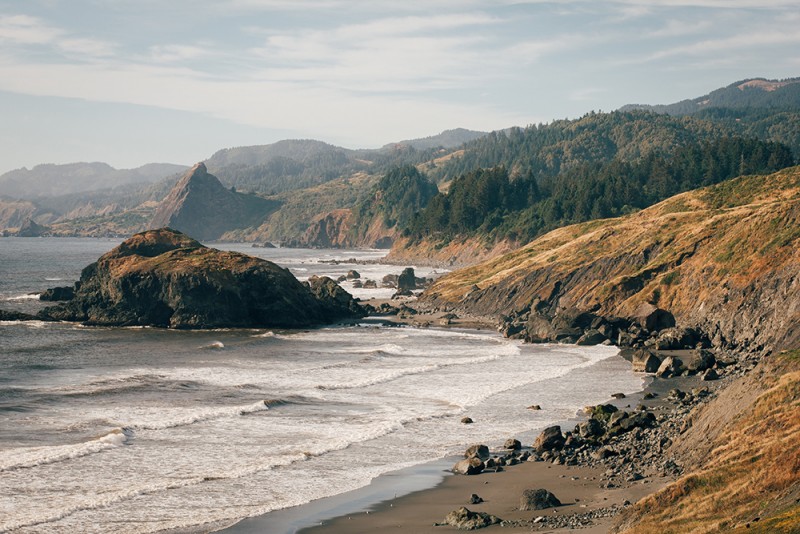Sustainability
We believe in building a better future — for our clients and for all New Zealanders and Australians. That’s why we continue to build sustainability into the architecture of our business.
We offset carbon above and beyond
We’re proud to be certified net carbon zero by Toitū Envirocare. This internationally recognised certification cements our commitment to continuously monitor and seek to reduce our carbon footprint, and offset any unavoidable emissions through the purchase of a wide range carbon credits across New Zealand, Australia, and abroad.
These credits contribute to forest regeneration, air quality and renewable energy projects that can provide immediate impact for small communities.
And we don’t stop there. We voluntarily offset beyond the carbon emissions we produce each year.

Future-focused and sustainable
Our commitment to sustainability goes beyond being carbon negative. We’re placing sustainability at the heart of the way we do business:
- Our in-house sustainability team is focused on continuously building upon our environmental and social initiatives.
- From day-to-day office practices to wider business projects, our ESG (Environmental, Social, and Governance) committee champions ideas for development across all the areas in which we operate.
- We monitor and report our carbon footprint against a range of environmental metrics, including travel and energy consumption.
- Our people give back to the community and environment with volunteer days.
- We partner with charities and community organisations that support our people, communities, and environment.
- Our team are closely involved in initiatives with our partners, including management of the Save the Kiwi endowment fund and native tree planting initiatives.

Protecting forest reserves, reducing emissions and improving air quality and health outcomes
Our carbon credits will help forestry projects across New Zealand and Australia, as well as international projects that provide immediate results for affected communities and align with United Nations Sustainable Development Goals.
-
1
Native forest regeneration and sequestration, Mangatārere Valley, New Zealand
Duntulm Farm is a property of 250 hectares located in the Mangatārere Valley, north-east of Wellington. The owners have committed more than one-third of their land to native forest regeneration and predator control - capturing carbon. They hope to inspire other landowners in the valley to undertake similar initiatives. The property is a sanctuary for native wildlife including bellbirds, rūrū, lizards and long-tailed bats.
-
2
Native forest regeneration, Paroo River South, Queensland, Australia
This project, developed by Corporate Carbon, establishes permanent native forests through assisted regeneration from in-situ seed sources (including rootstock and lignotubers) on land that was cleared of vegetation and where regrowth was suppressed for at least 10 years prior to the project having commenced.
-
3
Protecting against wildfires, Kendall River Station, Queensland, Australia
This project is in the Cook local government area and involves strategic and planned burning of savanna areas in the high rainfall zone during the early dry season to reduce the risk of late dry season wild fires.
-
4
Improving air quality and slowing deforestation, Bangladesh
The project involves dissemination of improved cookstoves, Bondhu Chula, in the territory of Bangladesh. Traditionally “three-stone” cooking stoves have been used which are inefficient and emit small particles, carbon monoxide and other fumes resulting in worsening of indoor air quality. The implementation of this project will not only reduce the Green House Gas emission but also result in less usage of fuel (biomass).
-
5
Renewable energy generation, India
This project generates power using renewable, solar energy sources. The generated electricity is then exported to the regional grid system. This displaces electricity of power plants - connected to the grid - from the generation mix, which are mainly fossil fuel-based.